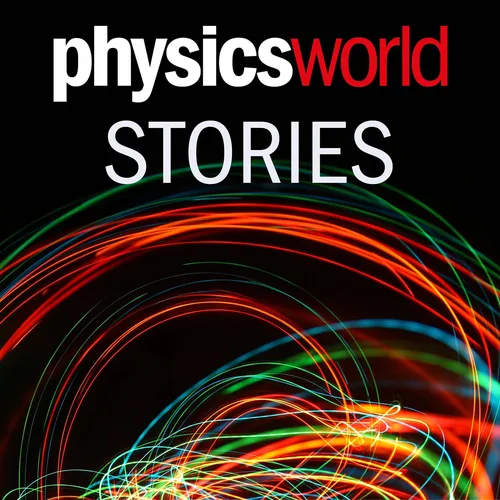
Physics World Stories Podcast
Physics is full of captivating stories, from ongoing endeavours to explain the cosmos to ingenious innovations that shape the world around us. In the Physics World Stories podcast, Andrew Glester talks to the people behind some of the most intriguing and inspiring scientific stories. Listen to the podcast to hear from a diverse mix of scientists, engineers, artists and other commentators. Find out more about the stories in this podcast by visiting the Physics World website. If you enjoy what you hear, then also check out the Physics World Weekly podcast, a science-news podcast presented by our award-winning science journalists.
- Update frequency
- every 30 days
- Average duration
- 44 minutes
- Episodes
- 102
- Years Active
- 2017 - 2025
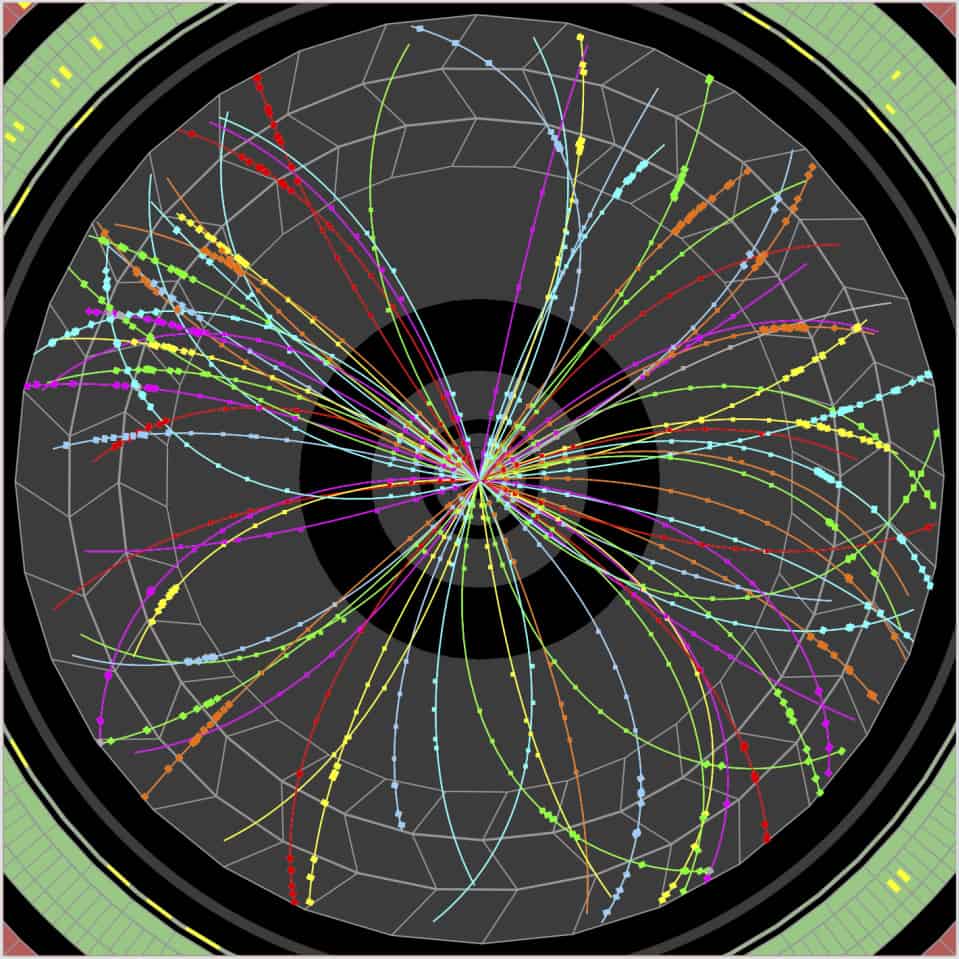
Physics World 30th anniversary podcast series – particle physics
In October 1988 the first ever edition of Physics World magazine was published, so this month marks our 30th birthday. The October 2018 issue of Physics World revisits some of the key topics and issu…

Communicating science at music festivals
As the summer draws to a close in the northern hemisphere, Andrew Glester looks back on two festivals he attended this year – the Blue Dot Festival in Cheshire and Green Man Festival in Wales. Gleste…

Driving in the future
In the August episode of the Physics World Stories podcast Andrew Glester investigates the challenges of moving towards personal transport with a smaller carbon footprint. While flying cars powered b…

A quantum leap for industry
In the July edition of Physics World Stories, Andrew Glester looks at the latest developments in technologies based on quantum mechanics. While quantum computing often steals the headlines, there is …
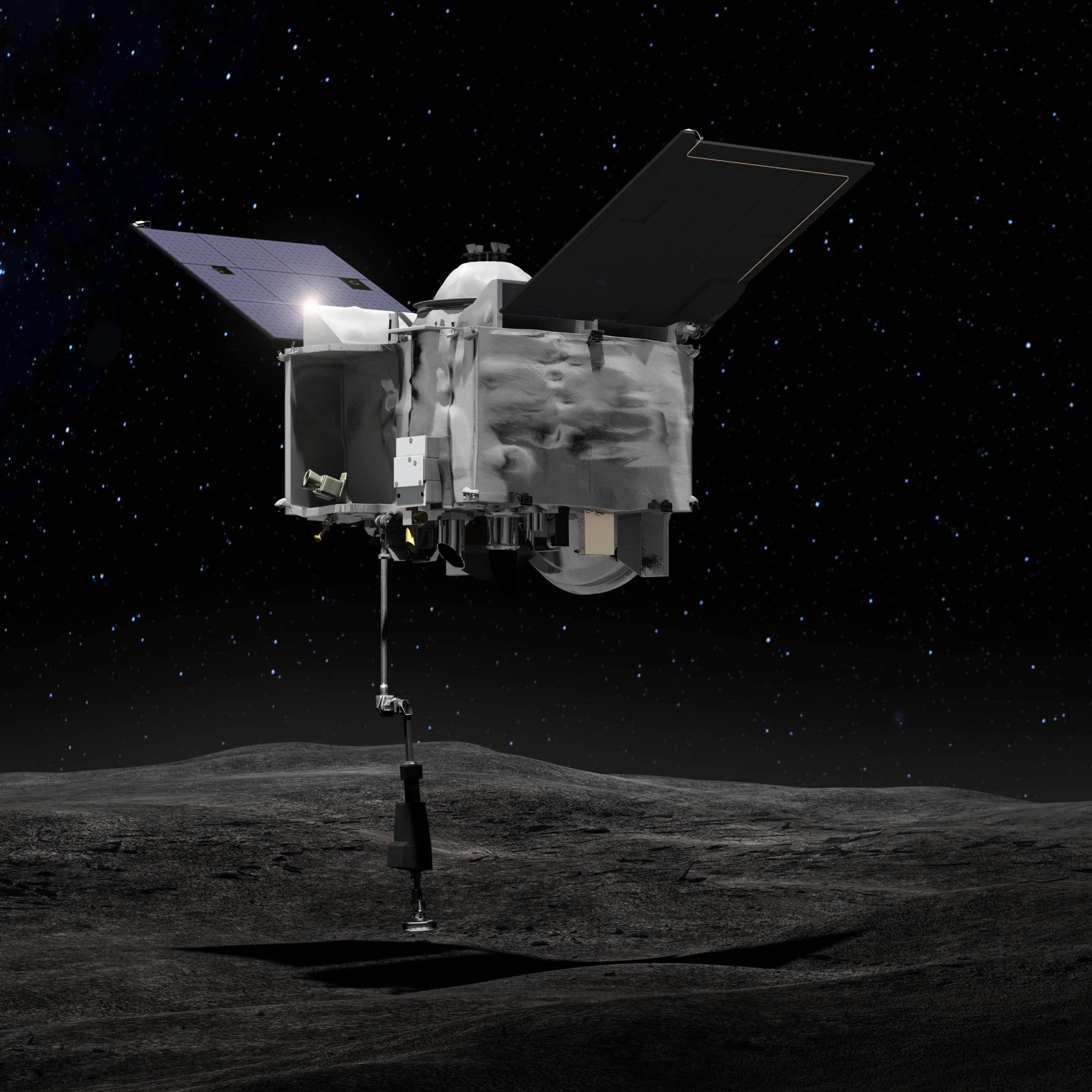
Doing business in space
In this month’s Physics World Stories podcast, Andrew Glester looks at some intriguing developments in the space industry. He is in conversation with Harvard University astrophysicist Martin Elvis ab…

Learning from the ozone solution
In the May episode of our Physics World Stories podcast, Andrew Glester is in conversation with the Nobel laureate Mario Molina. The Mexican researcher shared the 1995 Nobel Prize in Chemistry for hi…

Plant-inspired innovations
Spring has just about sprung here in the UK, as the bluebells and daffodils are emerging after a long gruelling winter. In Physics World April podcast, Andrew Glester embraces the botanical theme by …
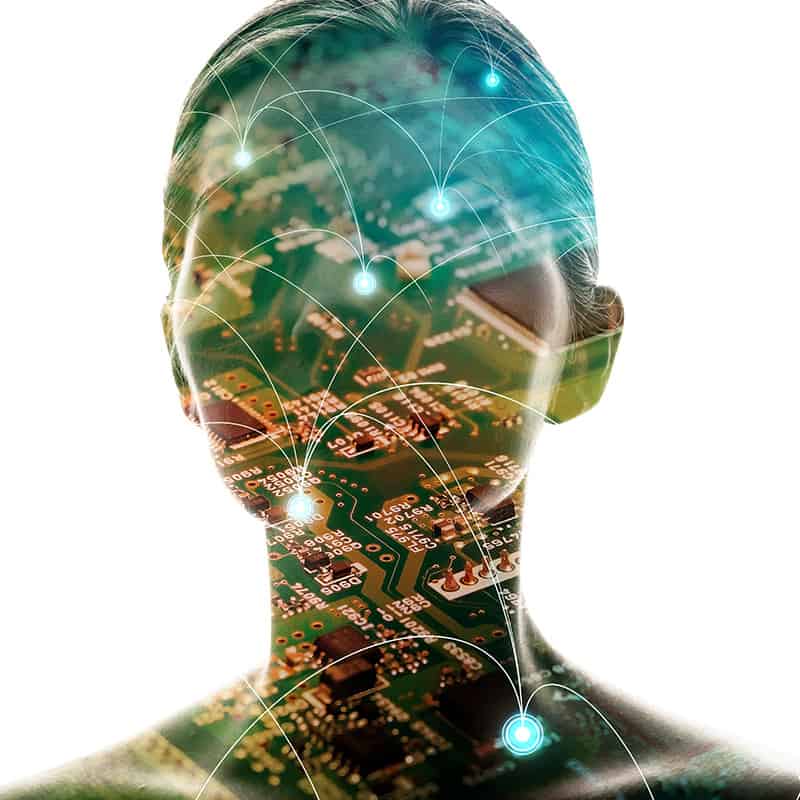
Artificial intelligence: is there anything to fear?
Artificial intelligence (AI) bots are going to replace our jobs.
AI cars are not to be trusted, they will drive us off a cliff
AI machines will inevitably conspire to kill us all.
These are exaggerat…
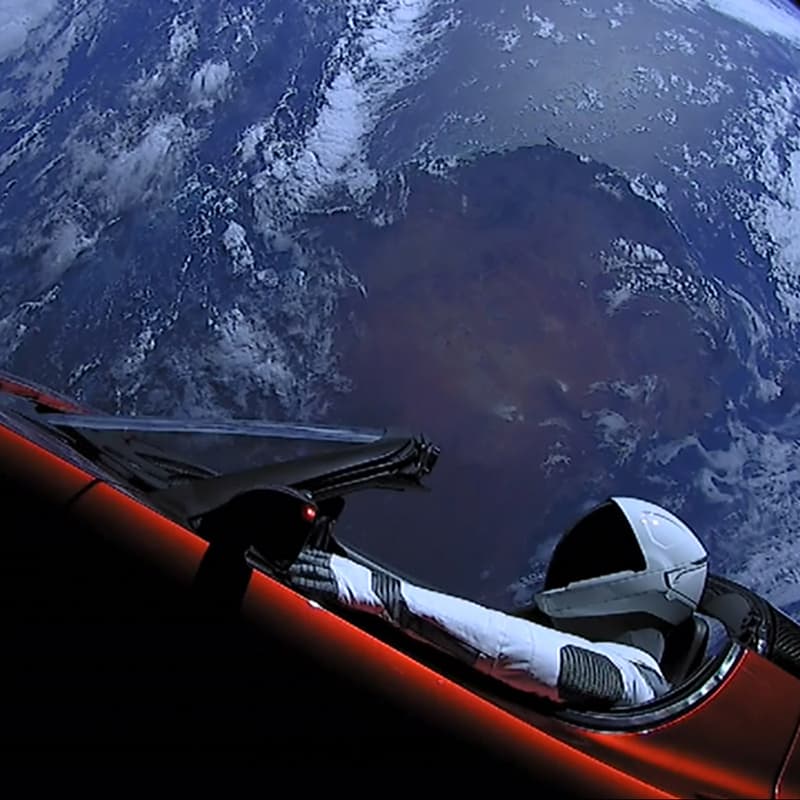
Falcon Heavy and Humanity Star: trailblazers or space junk?
When the SpaceX Falcon Heavy made its maiden launch on 6 February, the overwhelming reaction was one of awe. Its widely reported payload – Elon Musk’s personal cherry red Tesla Roadster sportscar – a…
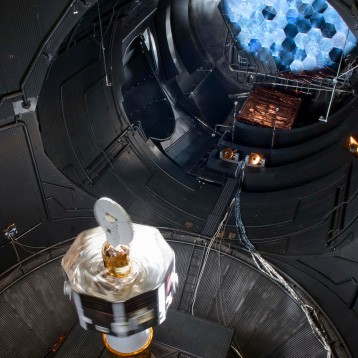
Physics in 2018
Fortunately for scientific soothsayers, some developments in 2018 are entirely predictable, not least the space missions scheduled for the next 12 months. Physics World managing editor Matin Durrani …
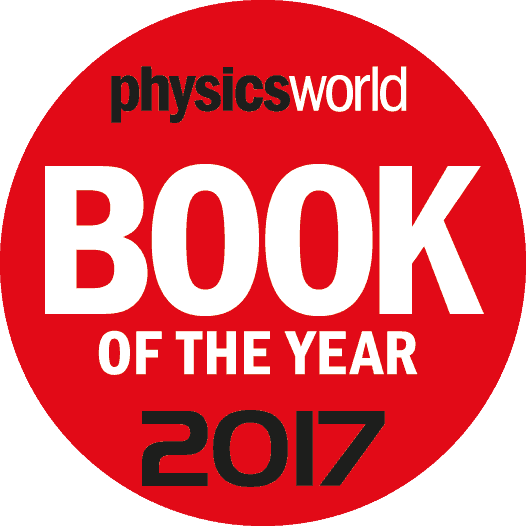
Book of the Year 2017
Here at Physics World, we love talking about popular-science books. Indeed, we enjoy it so much that we braved the cold, not to mention a sore throat and cracked ribs (you’ll have to listen to find o…
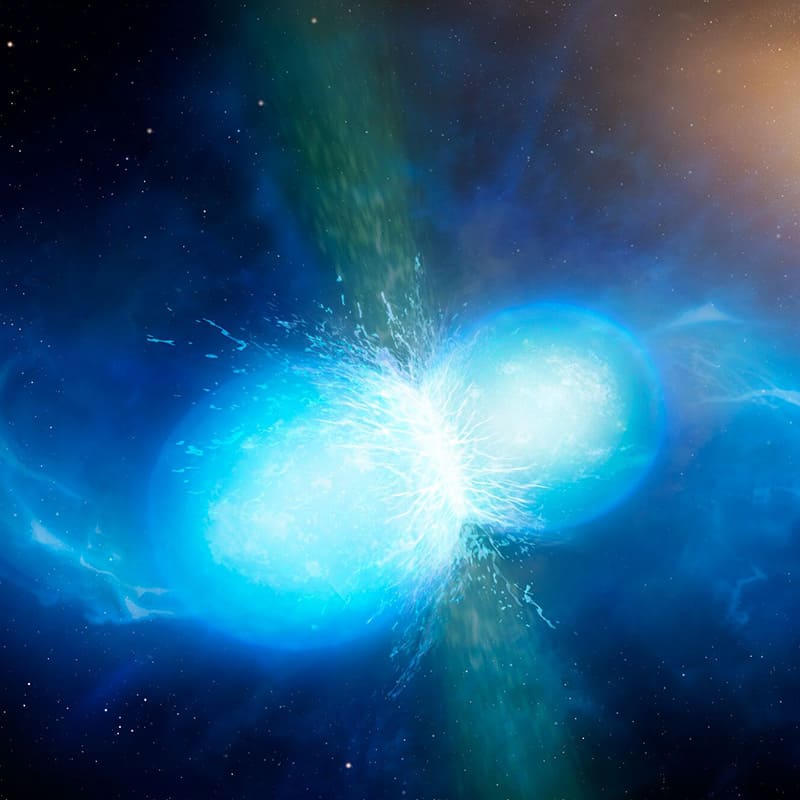
Exploring the cosmos with gravitational waves
To say the past couple of years have been a whirlwind for scientists engaged in gravitational-wave research would something of a cosmic understatement. After detecting its first gravitational waves i…
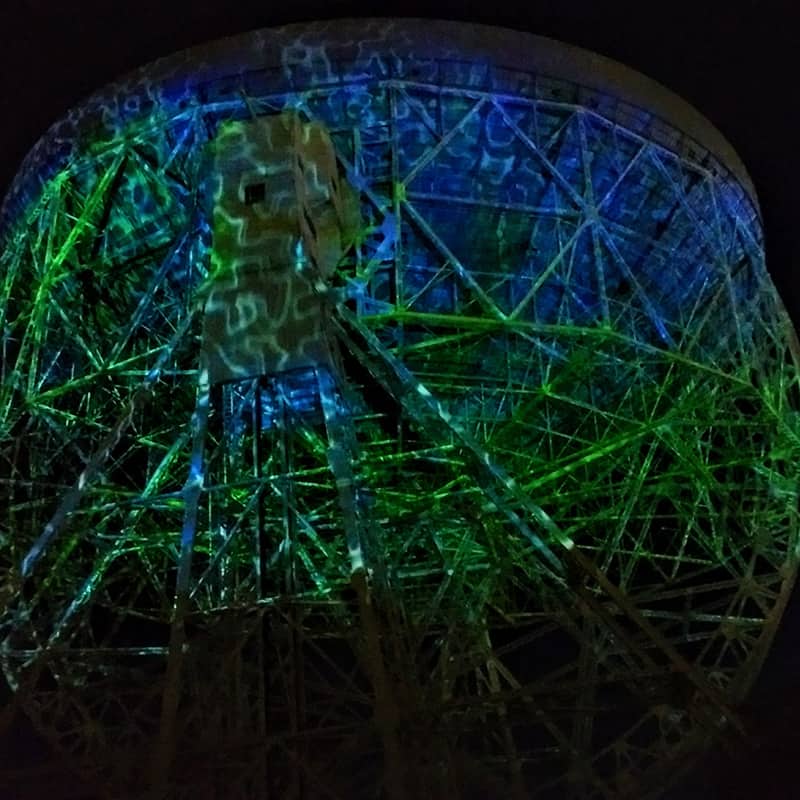
Illuminating a radio icon
2017 marks a couple of important anniversaries for the astrophysics community at Jodrell Bank. First, it is the 60th anniversary of the first light of the Lovell Telescope, which was the largest stee…

How science gets women wrong
“Writing the book has made me question my own feelings about the world,” says Saini. The engineer-turned-journalist admits that she fully expected to discover more clear-cut differences between men a…

Science-themed comedy: are you having a laugh?
In his quest to find out what makes good science comedy, Glester meets performers at the Green Man festival in Wales and the Edinburgh Fringe festival in Scotland, both of which took place in August.…

Music and science: a harmonious or discordant duo?
Featured in the podcast is UK recording artist Hannah Peel, along with a track from her 2016 album Awake But Always Dreaming. Peel talks about how that record was inspired by witnessing her grandma’…
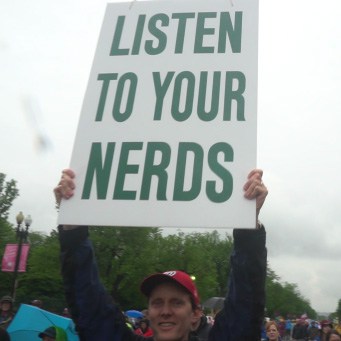
How politicians misuse and mangle science
Today, in our “post-truth” era, these sorts of statements have become commonplace. A type of politics has entered the mainstream that rejects the claims of “experts” and pitches itself against what i…

Bees and their magnetic superpower
Scientists are aware that many different animals appear sensitive to the Earth’s magnetic field lines. But what is not so well understood are the underlying mechanisms that make navigation possible. …
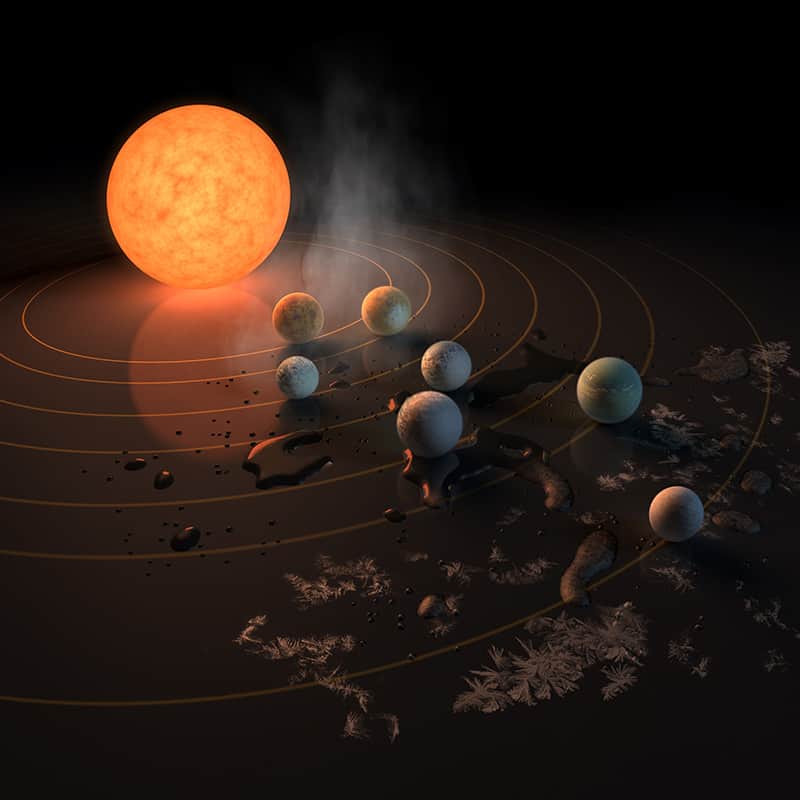
Exploring the worlds of TRAPPIST-1
Just 40 light-years from Earth, TRAPPIST-1 is relatively small compared with the size of our Sun, with a mass 80 times that of Jupiter. Researchers were able to spot periodic drops in intensity of li…

Tracking neutrinos in virtual reality
As recently reported on this website, the app can be used with virtual reality (VR) headsets, enabling users to observe particle tracks inside the detector and enjoy tutorials about the nature of neu…